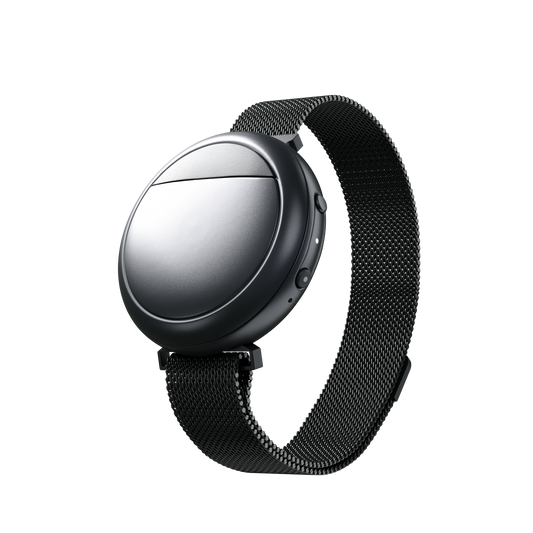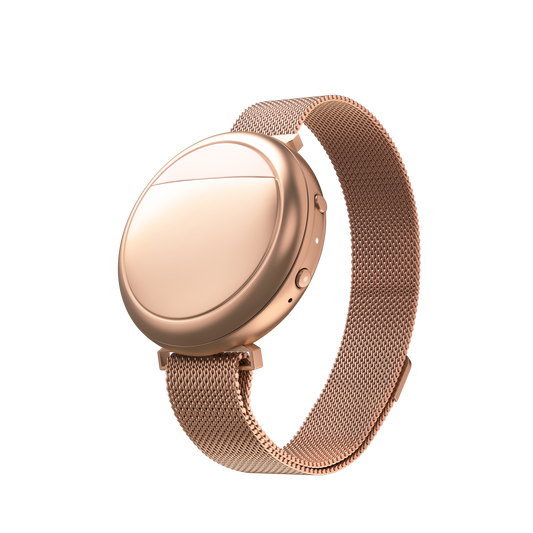-
Vendor:HUM Nutrition
Mighty Night Sleep Supplement, 60 Softgels
Regular price $40Regular priceUnit price per -
Vendor:HUM Nutrition
Fan Club Menopause Supplement, 30 Capsules
Regular price $40Regular priceUnit price per -
 Vendor:Embr Labs
Vendor:Embr LabsEmbr Wave Smart Cooling and Warming Wristband - Personalized Thermal Relief - Black, 1 Unit
Regular price $299Regular priceUnit price per -
 Vendor:Embr Labs
Vendor:Embr LabsEmbr Wave Smart Cooling and Warming Wristband - Personalized Thermal Relief - Rose Gold, 1 Unit
Regular price $299Regular priceUnit price per

Q&A with Dr. Liss
How does sleep affect menopause symptoms?
Learn
Tired but can’t sleep?
Explore articles that explain how menopause affects your sleep — and what you can do to finally get some rest.

Q&A with Dr. Liss, OB-GYN
How can I get better sleep during menopause?
Does hormone therapy help manage sleep problems related to menopause?
Does menopause affect sleep?
How does menopause affect sleep?
Do you have tips for how to sleep better during menopause?
How can I sleep better during menopause?
Can weight gain during menopause affect my sleep?
What are some natural remedies for menopause-related sleep issues?
How do menopausal symptoms impact my long-term sleep quality?
Is it normal to have trouble sleeping during the menopausal transition?
How can I manage hot flashes to improve my sleep?
Can poor sleep quality during menopause affect my cardiovascular health?
Are there any lifestyle changes that can help with menopause-related sleep issues?
How can I tell if my sleep issues are related to menopause?
What are the long-term effects of poor sleep quality during menopause?
How can I create a bedtime routine that helps with menopause-related sleep issues?
Can menopause-related sleep issues affect my relationships and social life?
Are there any specific foods or supplements that can help with menopause-related sleep problems?



















